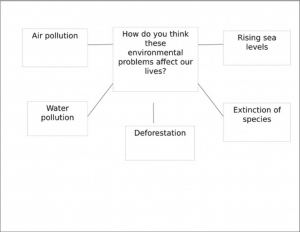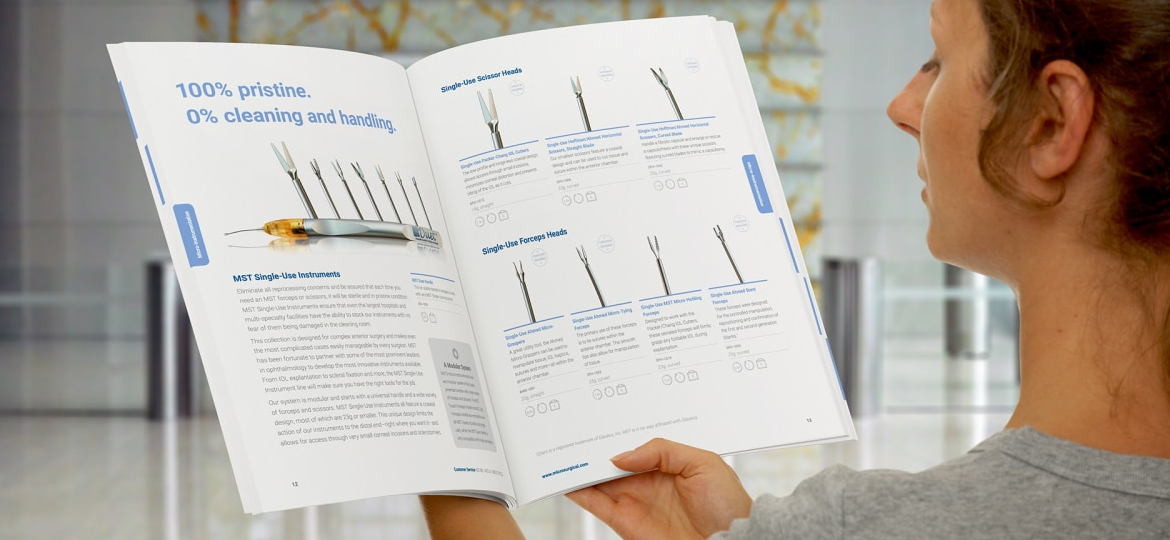First Certificate in English (FCE) Speaking Part Four
What will I see when I enter the test room?
There are going to be four people in total-you, another candidate and two examiners. One of the examiners is going to talk while the other one observes. The purpose of having two candidates is to foster a more conversational atmosphere and enable discussion. The objective of the Cambridge B2:First is again to test you in real speaking condition.
Part Four- Discussion

Part four of the speaking section examines the issues that are raised by part three in much greater detail. This part consists of a discussion with the other candidate which is guided by questions from one of the examiners. Your purpose is to discuss and demonstrate your capacity to be able to debate in a relevant manner with appropriate vocabulary. You are not trying to win an argument.
Part four assesses how you express and justify opinions in relation to the topic and what the other candidate says. Your ability to agree or disagree in an appropriate manner with suitable phrases is also assessed. This part takes about four minutes.
What sorts of questions are involved?
You are looking at the same question and points that you have just discussed in part three of the test, but now the examiner will prompt the two candidates with questions, and you must address these questions.

For instance, the examiner might ask you the following:
- In what ways, do you think water pollution affects our lives?
- What is your reaction when you learn that a species has gone extinct?
- How do you think we can alleviate air pollution in cities?
Even if the question is not directed at you, you should comment on what the other candidate says and offer your own views, points and examples.
Watch out!
Don’t needlessly repeat or summarize what has been said in part three. You need to listen to and respond to what the examiner is asking about part three. You need to be concise, cohesive and coherent in your replies.
Don’t repeat or summarize what the other candidate says in this part either. Comment on and reply to what he or she has said.
What are some ways that can I practice?

You need to read extensively to develop familiarity with a wide range of topics that appear in the media like the environment, sports and celebrities and their impact on people, social media, etc. The BBC has an English learner’s webpage. It has different levels with activities for topics that are often in the news. Using this site each day exposes you to the topics that you will encounter on the FCE.
Sign up for an FCE preparation course at a school. It is a great way to get structured practice and much needed feedback from a teacher. Consider online training projects as well since they can be very helpful. Hire a tutor for private lessons if you prefer, but make sure that you have a partner of get the tutor to pair you with someone as listening to and replying to another person’s opinions is critical.
Watch example videos on YouTube. This is a free and good method of seeing what it would be like in an actual test situation.
Some tips for part four
- The questions in part 4 are not written down, so you have to listen carefully. However, keep in mind that the questions are not random. They are related to the questions and elements of part three.
- If you don’t understand a question, ask the examiner to repeat it.
- Look at the examiner when you give your answer, but then look at your partner when you are talking to each other.
- Always explain your answers. Don’t wait for the examiner to ask ‘why.’
- Don’t shrug your shoulders and say, ‘I don’t know.’ None of the questions require specialist knowledge and if you have been preparing properly, you should have encountered the topic before.
- Pay attention to what the other candidate has to say. You are expected to comment on what he or she says.
- There are no right or wrong answers, so relax and give your opinion.



